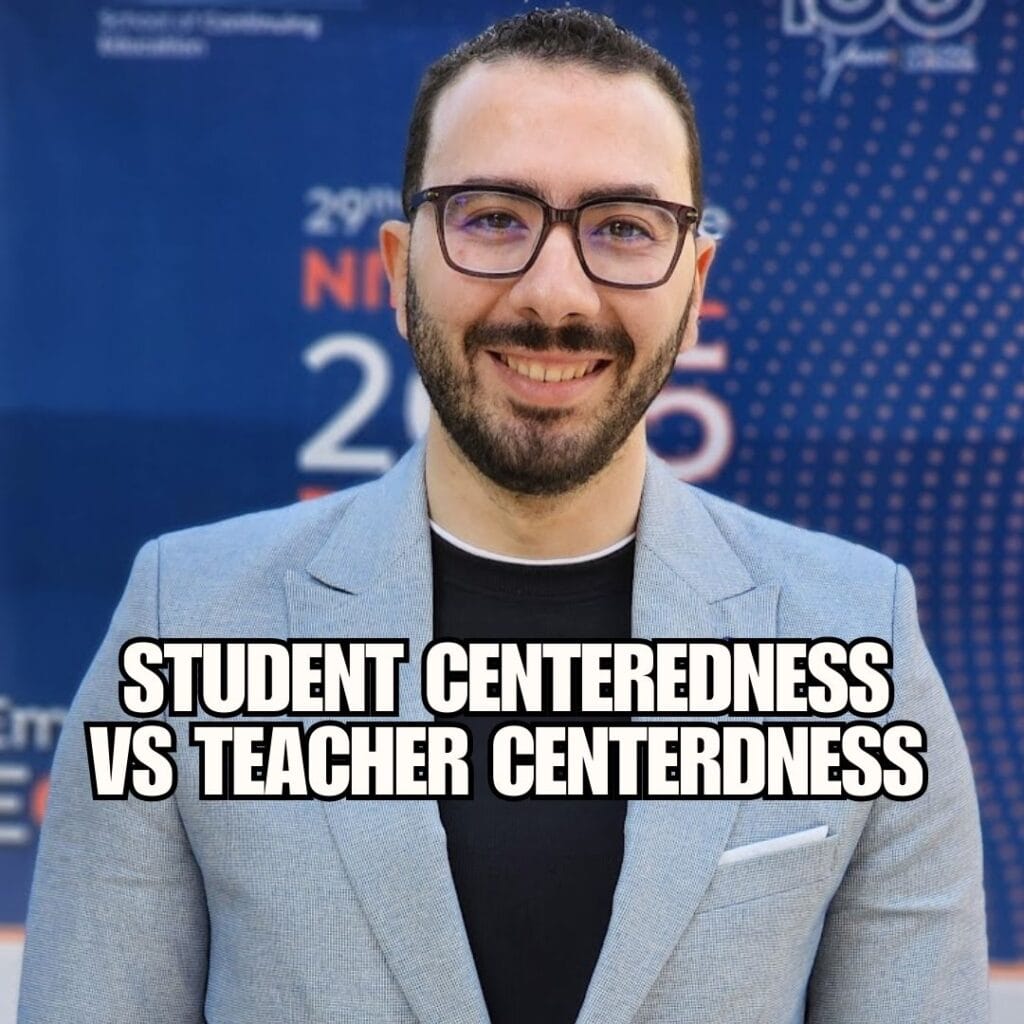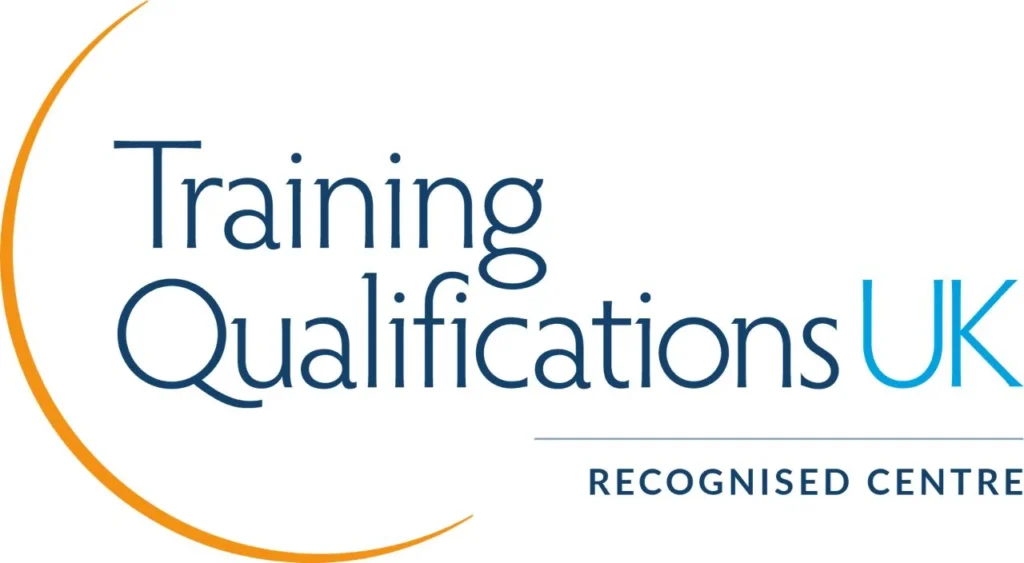
Student-Centered vs. Teacher-Centered Learning: A Guide for TEFL and CELTA Educators
NileTESOL 2025
Student-Centered vs. Teacher-Centered Learning: A Guide for TEFL and CELTA Educators
What is Student-Centered Learning?
In TEFL, TESOL, and CELTA courses, student-centered learning is a methodology that shifts the focus from the teacher to the learner. Instead of prioritizing the teacher’s explanations, this approach emphasizes active student participation, autonomy, and engagement.
Key Features of Student-Centered Classrooms
✅ The emphasis is on how students learn, rather than what the teacher teaches
✅ Encourages pair work, group work, and communicative tasks
✅ Promotes learner autonomy inside and outside the classroom
✅ Uses discovery learning and problem-solving to enhance retention
Teacher-Centered vs. Student-Centered Learning
|
Teacher-Centered |
Student-Centered |
|
Teacher delivers content |
Students explore concepts themselves |
|
More teacher talk time (TTT) |
More student talk time (STT) |
|
Language taught through explanation |
Language taught through interaction |
|
Focus on memorization |
Focus on communication and application |
|
Teacher controls the lesson |
Students take ownership of their learning |
Approaches to Student-Centered Learning
1️⃣ Inductive vs. Deductive Learning
- Deductive Learning: The teacher explains a rule first, and students practice it
- Inductive Learning: Students notice patterns in language examples and discover rules themselves (also called Discovery Learning)
2️⃣ Experiential Learning
- Learning happens through direct experience and reflection, rather than lectures
- Example: Instead of reading about animals, students visit a zoo and discuss their observations
3️⃣ Cooperative Learning
- Students work together in small groups to solve problems and share ideas
- Encourages peer support and collaborative learning
Transforming Teacher-Centered Activities into Student-Centered Tasks
Want to reduce TTT and increase student engagement? Try these simple shifts:
|
Teacher-Centered Activity |
Student-Centered Alternative |
|
Teacher explains new words |
Students match words with meanings on cards |
|
Teacher checks answers |
Students write answers on the board and check together |
|
Students tell the teacher about their weekend |
Students discuss in pairs or groups |
|
Teacher explains two tenses |
Students complete a guided discovery task |
|
Teacher assigns a writing topic |
Students choose from multiple writing prompts |
Why Should TEFL & CELTA Teachers Adopt This Approach?
✅ Encourages learner autonomy – Students become active participants
✅ Increases engagement and motivation – Learning is more interactive
✅ Makes lessons more memorable – Students retain more through real-world practice
✅ Develops communication skills – Lessons focus on language use, not just theory
Enhance Your Teaching with TEFLISM COLLEGE LONDON
At TEFLISM COLLEGE LONDON, we specialize in CELTA preparation, DELTA Module 1 training, and TEFL certification. Our expert trainers help teachers transition to student-centered learning using proven methodologies and real-world applications.
📌 Explore Our Teacher Training Courses:
🔹 CELTA Certification – Master the art of student-centered teaching
🔹 DELTA Module 1 Preparation – Advance your TEFL career with expert coaching
🔹 TEFL Courses – Learn practical classroom strategies
Meta Description:
Discover the benefits of student-centered learning in TEFL and CELTA classrooms. Learn how to transition from teacher-led instruction to interactive, learner-focused methods. Explore CELTA, TEFL, and DELTA courses at TEFLISM COLLEGE LONDON.






